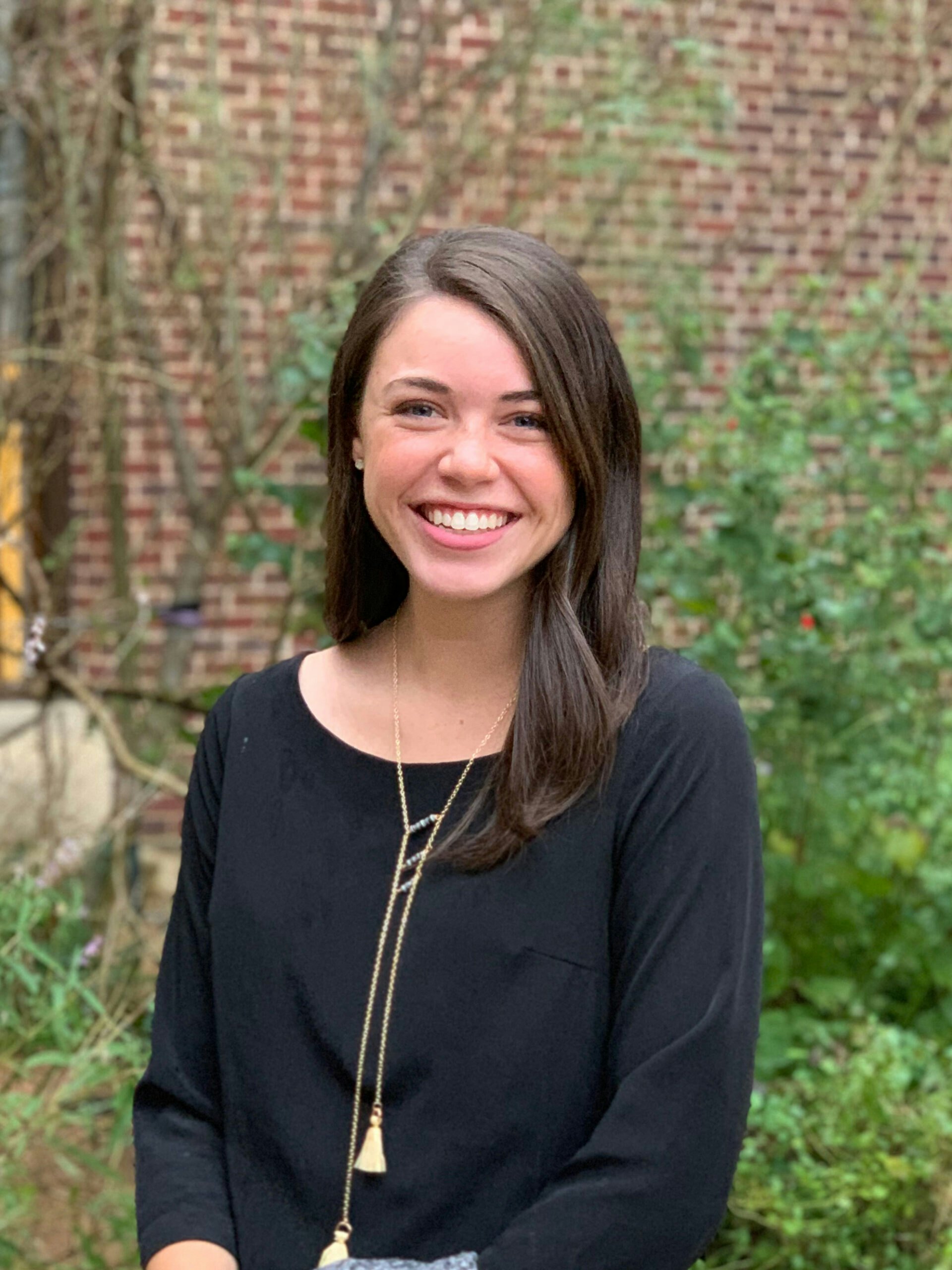The health of a nation’s free press reflects the health of the nation itself. A vibrant Fourth Estate ensures citizens have access to reliable information, understand their rights in the face of complex issues, and keep checks on leaders and sources of power. Free societies can only function when journalists are able to report information accurately and openly.
Authoritarian repression, economic pressure, and physical threats against reporters have led to a global decline in press freedom for the last 10 years, and practicing journalism is becoming increasingly difficult and dangerous, according to Reporters Without Borders’ 2025 World Press Freedom Index. Since the Committee to Protect Journalists began tracking journalists imprisoned three decades ago, they recorded the second-highest count of jailings last year.
Journalists around the world are rising to meet these challenges, and the Center for News, Technology, & Innovation’s new series, Letters from the Field: Press Freedom on the Front Lines, details their struggles and successes. This collection of essays features the first-person perspectives of journalists from Ukraine, Syria, and Lebanon, and elsewhere. They describe their efforts to bring truth to light despite seemingly insurmountable oppression.
One of these essayists is Zahra Joya, an Afghan journalist, editor-in-chief of Rukhshana Media, and a fierce advocate for women’s rights amid the Taliban’s systemic and callous repression. She is also a member of the Afghan and Iranian Women’s Coalition – a collaboration between the George W. Bush Institute and the International Republican Institute’s Women Democracy Network. Last year, the coalition published the policy recommendations entitled “Afghan and Iranian Women are a Force in the Fight for Freedom.”
Joya’s essay, A Letter from Afghanistan, details her evolving perspective on journalism in her homeland and how the Taliban’s stifling of education and information sharing has effectively trapped it in “a darkness of ignorance and extremism.” She believes “journalists are not just reporters of events; we are guardians of historical truth” and argues a free press matters just as much in Afghanistan as it does in the United States.
As democratic backsliding continues globally, one of our strongest forms of resistance is demanding the basic liberty of access to honest, reliable, and fact-based journalism. Joya states that “a world unaware of the suffering of its people is one that drifts toward apathy and inaction.” For the sake of those who cannot speak for themselves, we must continue to demand support for a free press, and most importantly for the journalists who risk their personal liberty to pursue the revolutionary act of sharing truth.






























